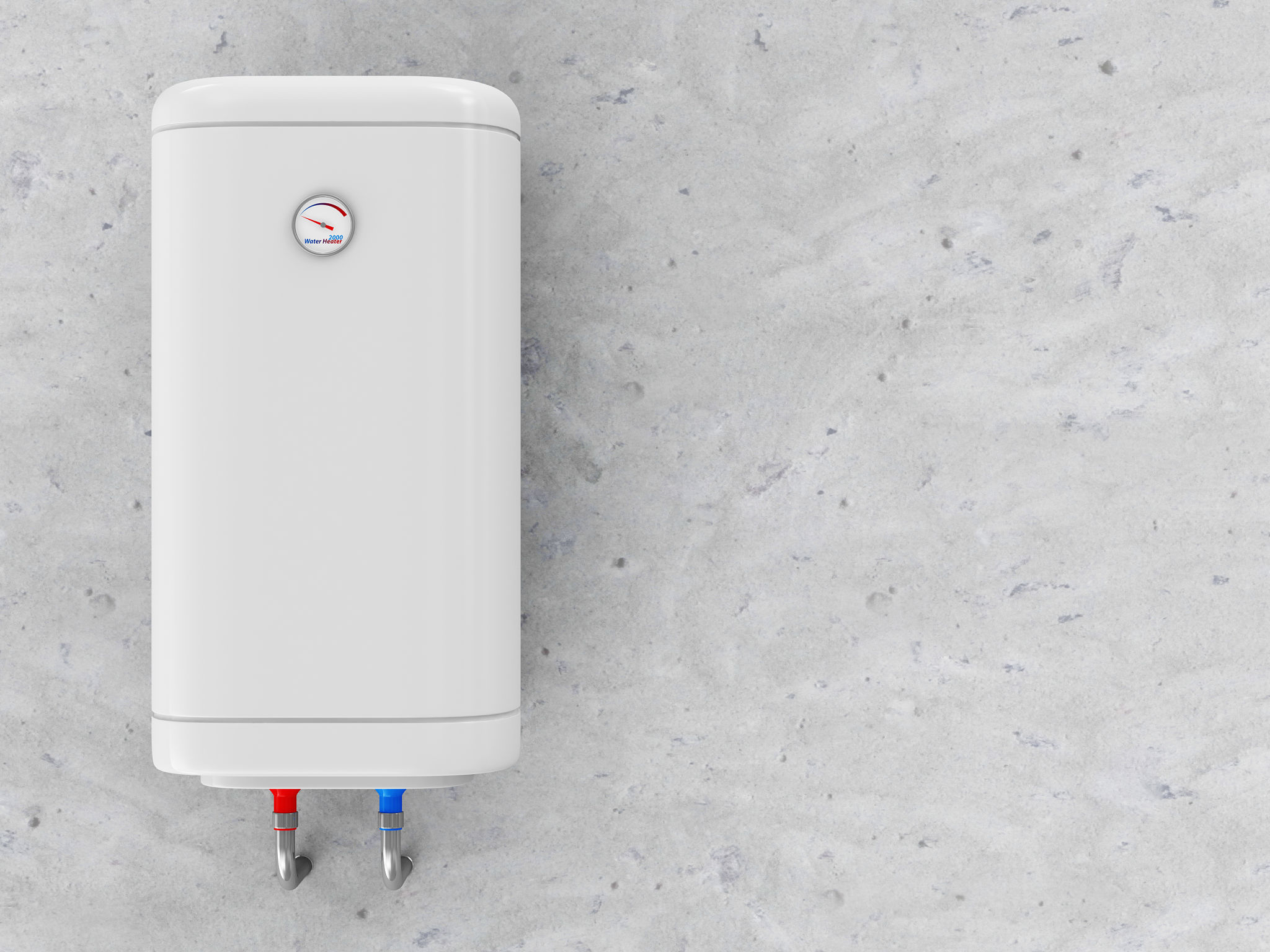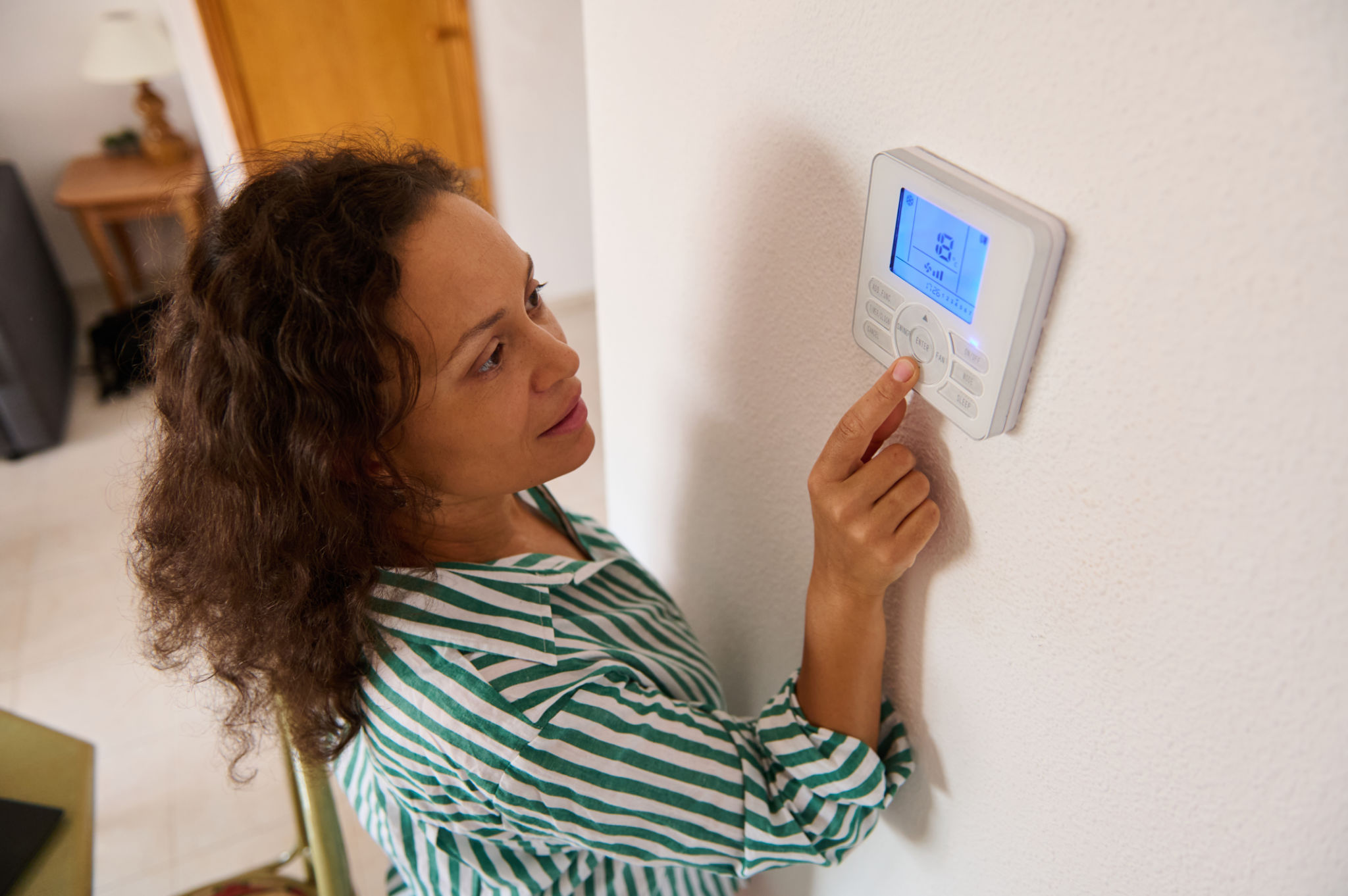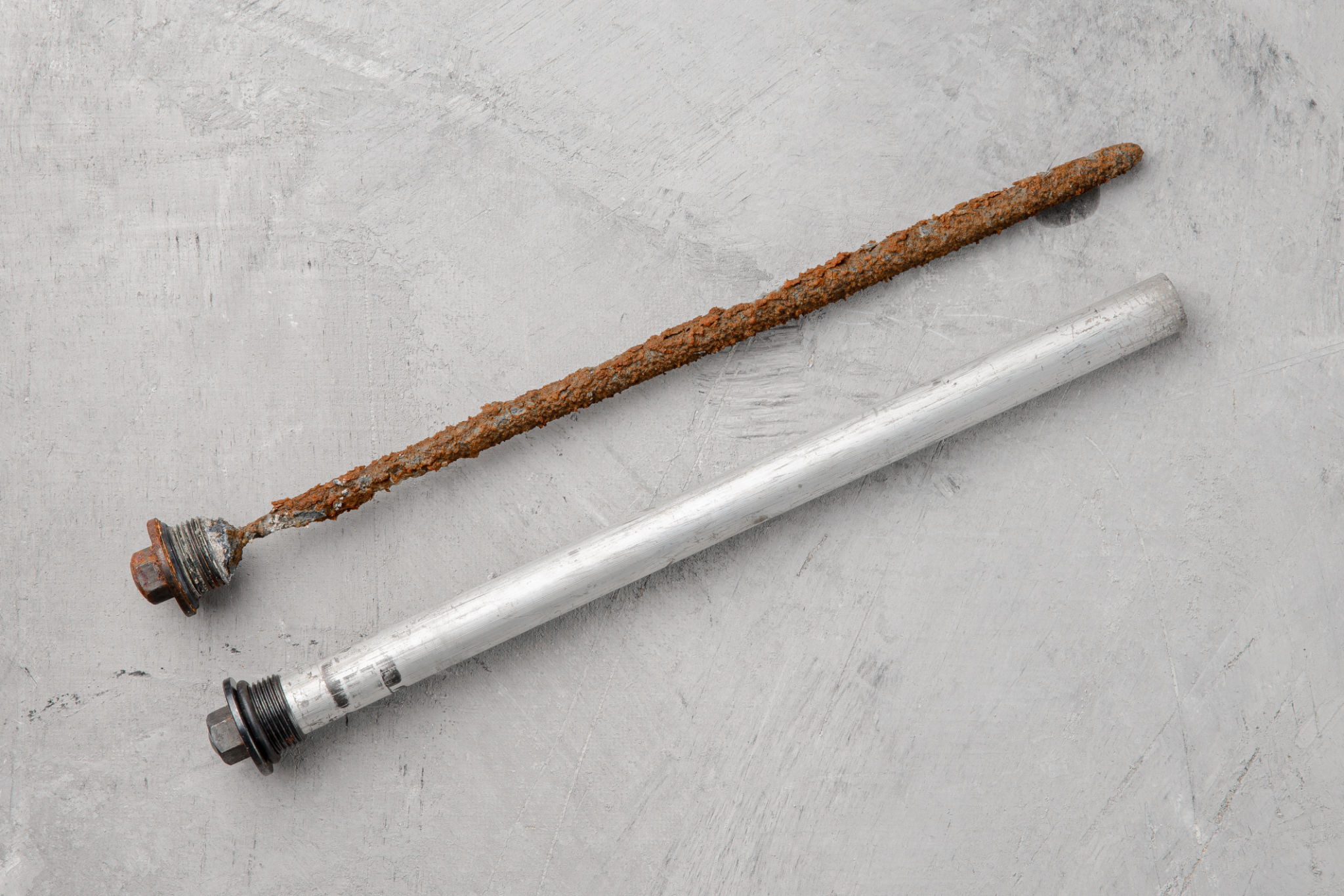How to Prepare Your Hot Water System for the Summer Months
Understanding the Importance of Summer Maintenance
As the warmer months approach, you might not think much about your hot water system. However, summer is the perfect time to perform maintenance and ensure it operates efficiently year-round. Regular upkeep can help prevent unexpected breakdowns and costly repairs in the future.
During summer, you may use less hot water, but that doesn't mean your system should be neglected. Performing simple checks and maintenance can extend the lifespan of your hot water system and improve its performance. Here’s how you can prepare your hot water system for the summer months.

Check for Leaks and Corrosion
One of the first steps in maintaining your hot water system is to inspect it for any leaks or signs of corrosion. Leaks can lead to significant water damage and increased utility bills, while corrosion can weaken the tank, causing it to fail. Look for any rust or puddles around the base of the tank.
If you identify any issues, it may be necessary to contact a professional plumber to assess and repair the damage. Addressing these problems early can save you from more extensive repairs down the road.
Adjust the Thermostat
During summer, you likely won't need your hot water to be as hot as in winter months. Adjusting the thermostat to a lower setting can save energy and reduce your utility bills. The ideal temperature for energy efficiency and safety is around 120°F (49°C).
Lowering the temperature not only conserves energy but also reduces the risk of scalding accidents. Make sure to consult your hot water system’s manual for guidance on adjusting the thermostat.

Flush the Tank
Flushing your hot water tank is an essential maintenance step that helps remove sediment buildup. Sediment can cause inefficiency and damage over time, leading to potential failures. To flush the tank, follow these steps:
- Turn off the power supply or gas to the tank.
- Attach a hose to the drain valve at the bottom of the tank.
- Open a hot water tap in your home to prevent airlocks.
- Drain a few gallons of water until it runs clear, then close the valve and remove the hose.
This routine should be done annually to keep your hot water system running efficiently.
Inspect the Anode Rod
The anode rod plays a crucial role in preventing rust in your hot water tank by attracting corrosive elements. Over time, this rod can degrade. Inspecting and replacing it every few years can significantly extend the life of your hot water system.
To check the anode rod, turn off the power or gas supply, drain a few gallons from the tank, and unscrew the rod from the top. If it's heavily corroded or less than half an inch thick, consider replacing it.

Consider Professional Maintenance
If you're uncomfortable performing maintenance yourself or if your system hasn't been serviced in a while, hiring a professional might be a wise choice. A qualified technician can conduct a thorough inspection, perform necessary maintenance tasks, and provide peace of mind that your system is in optimal condition.
Preparing your hot water system for summer ensures that it operates efficiently and reliably when you need it most. By taking these steps, you'll not only extend its lifespan but also improve its overall performance.
